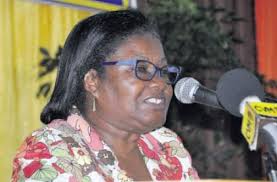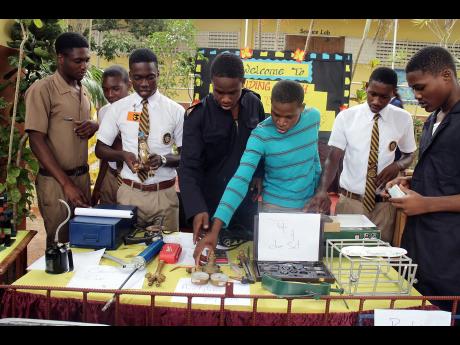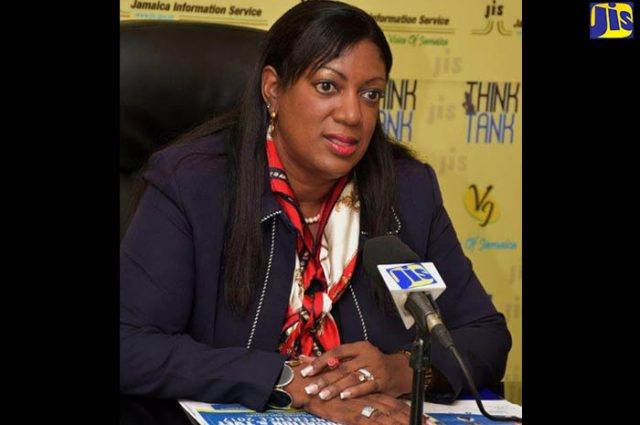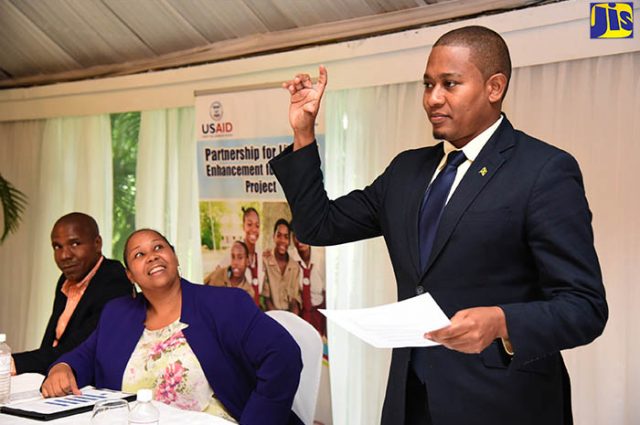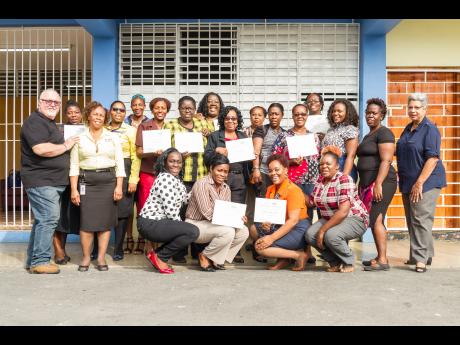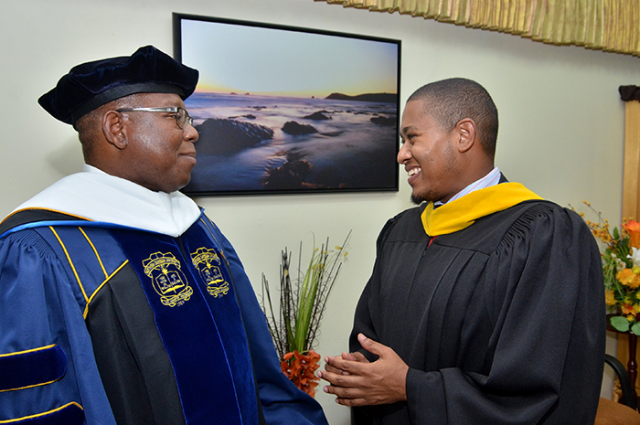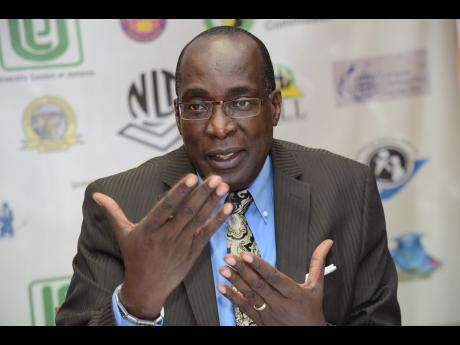OBSERVER: Using a smartphone to take photographs and videos for posting online doesn’t begin to explore the extent to how this tech-savvy generation can benefit from the capabilities of modern information communication technology (ICT), according to one educator.
The possibilities for teaching and learning are, instead, what should take priority.
Newly appointed regional director for the Ministry of Education’s Region 6 (Clarendon and St Catherine) Elaine Roulston, said that with technology so accessible, students can use it to their advantage to do research and easily learn at their own pace.
“Thanks to the Internet and mobile technology, students and any other learner, for that matter, can access information on any of the wide range of subjects that you now do or you now pursue in our education system,” she said.
Roulston was speaking last Friday at a ceremony in which Member of Parliament for Clarendon North Western Richard Azan, for the fifth consecutive year, presented cheques to seven schools for vocational projects. The ceremony was held at Spalding High School.
Roulston said that careers in digitisation and animation are now options because of the innovations in technology.
She said improving basic education and literacy, online tertiary studies, acquiring a foreign language and meeting students at the level of their learning are also critical areas that can be effortlessly facilitated.
“Because there is educational material from the kindergarten level to the university level, computer technology can and does enhance literacy development. One needs just to look at how how enthused and how motivated the children are when they take out their tablets. At this point in time, I just want to give kudos to those who conceptualised the whole matter of the Tablets in School Programme,” said Roulston.
The senior educator said that she is envisioning a time in the future when all school materials can be loaded on to tablets, and children do not have to carry around the number of books that are weighing them down.
Coming on the heels of National Heroes’ Day celebrations, Roulston said that she believes that looking at how technology is changing and improving what can be achieved, compared to previous years, is as important as reflecting on what our heroes have done.
Last month’s International Literacy Day theme, Literacy in a Digital World, also sparked discussion about the far-reaching benefits of technology.
Steven Williams, a systems administrator and teacher at Knox Community College, in a presentation to a gathering of teachers, students and other education stakeholders from Manchester and St Elizabeth, at a function in Mandeville, said that best practices in literacy are evolving through collaboration with other professionals who are accessible 24 hours.
Advancements in education are among the United Nations Sustainable Development Goals.
CAPTION: Regional director for the Ministry of Education’s Region 6 Elaine Roulston advocates the use of modern technology in teaching and learning at a handover ceremony for vocational project cheques at Spalding High School last Friday.


